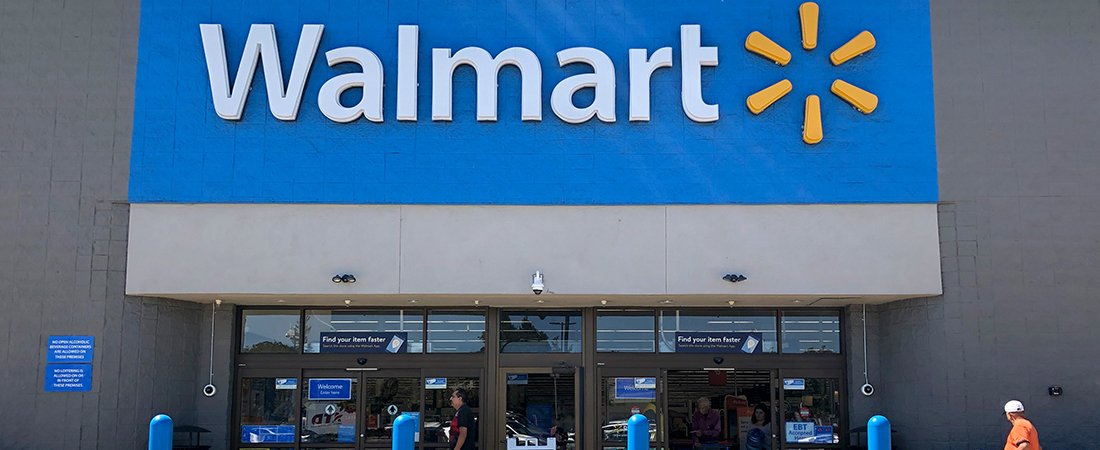Just last month, the Business Roundtable – an association of CEOs of top American companies working to promote a thriving US economy – announced its intent to change course on the guiding principles of business by declaring that companies are no longer solely beholden to the interests of shareholders, but that corporations also have a responsibility to the communities they serve.
The declaration was signed by 181 CEOs from the biggest US companies. Why the sudden shift? It demonstrates how much influence these corporations have in tackling big issues that the presidential candidates are also talking about like climate change, inequality or gun control.
Corporations are people too
Corporations have always played a role in influencing American politics. Many spend millions lobbying congress to curb regulations. CEOs are major donors to political candidates, some even have a direct line to the Oval Office.
But this recent move is more about appealing to consumers. In the age of social media, companies see swift and strong backlash from consumers after less than flattering headlines go viral. The calls for boycotts are hurting corporate reputations and ultimately the bottom line.
Walmart is a recent example of this cycle. Following a tragic mass shooting at an El Paso branch where 22 people were killed, Americans demanded that the nation’s largest retailer end its sale of arms and ammunition. In response, the company’s CEO announced just a few weeks ago that it would stop selling ammunition for assault weapons, encourage consumers not to open-carry in their stores, and push for Congress to pass meaningful gun control legislation. This is a significant move and shows Walmart taking a stand in reforming the country’s gun laws.
Gun violence isn’t the only driver of corporate decision making. Companies are leaning into all sorts of issues that are increasingly important to the public. Climate change is one of the most animated issues, and companies are moving swiftly to show they’re acting on it, even if the Trump administration isn’t.
Automakers, for example, are continuing to improve fuel efficiency despite the federal government weakening its standards. Just last week, Amazon announced that the company will commit to tackling climate change and will transition to zero-emission energy use by 2030. The company’s CEO Jeff Bezos also challenged other companies to join Amazon in its pledge.
CEOs are the new politicians
The business case for caring about social causes is clear. Younger consumers care about more than just the final product, they want companies to share their values on issues like sustainability and workers’ rights. Similarly, millennial workers increasingly demand that their employers stand for more than the pursuit of profit.
This confluence of currents means that CEOs have become the new politicians, navigating turbulent political waters and holding together a broad coalition of supporters (shareholders, customers, employees). Just as Portland recently detailed in its Total Value Index, how companies and the CEOs communicate to their stakeholders will be a delicate balance of combining profit with purpose.

